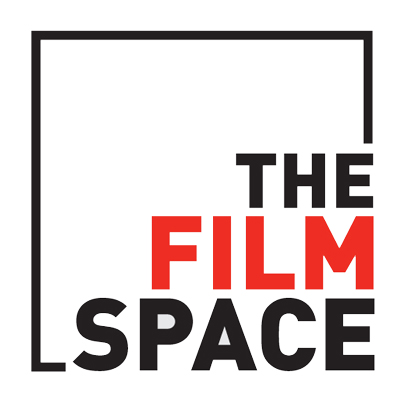Mobile Framing
‘In film it is possible for the frame to move with respect to the framed material.’
(Film Art (pg 266), Bordwell and Thompson)
Mobile technology is slowly creeping into the classroom... Mobile phones are no longer being confiscated and some schools have even introduced the PSP into the classroom as a learning tool. The words ‘handheld’, ‘Educational Digital Assistant’ and ‘location based m-learning’ have been bandied about recently, but what exactly do they mean, and how will they affect the way our pupils learn? - Julie Green
Creating a Scene
This workshop was informed by the central tenets of the conference – the connections and continuities between the critical, the creative and the cultural; to connect some of the themes from my Critical workshop and the various keynotes and to provide a basis for delegates to develop their thoughts and ideas onto the creative group task. The ultimate objective was of course to give delegates the confidence to produce effective and engaging creative projects with their students. - Jane Dickson
Podcasting in Education
In this workshop delegates discovered the potential for podcasting within education, learned how to produce multimedia podcasts and how to distribute podcasts. - David Baugh [This workshop was delivered by Alice Heywood and Ed Hunton, Film Education.]
Film and Performace
In this workshop, delegates looked at the ways in which we can learn how to make a ‘film sentence’ and recognise the power of film to manipulate, to exhilarate and to engage. This hands-on workshop started by analysing a short sequence (what are the questions to ask about a piece of moving image footage?) and then went on to use a selection of rushes from a simple scenario filmed in a variety of ways, allowing participants to experiment with conveying a story using the grammar of the film sentence. - Ian Wall
Supporting Literacy with Animation
Animation is an effective way of engaging students in literacy and topic-based projects, using ICT creatively and is a fun cross-curricular activity suited to the classroom environment. This hands-on course introduced tips and tricks to get started quickly and easily. We looked at examples of work, approaches to ideas that will engage and motivate students and then made a short 45 second animation in small groups. Animation is being used in schools wanting to work with a more creative curriculum. - Oscar Stringer
It's Not Just a Game
Computer games are fun – but they are so much more. This workshop will examine their role in education and demonstrate how they can be used for all ages and in a variety of subjects. It will show practical ways to use them as a powerful teaching resource that students will enthusiastically receive and understand. In addition, it aims to prove that young people can realistically aspire to a career in the games industry. - Karen Anderson
Creating a Narrative
"This workshop considered the implications that digital technology has for creating narrative and meaning in relation to the values ascribed to media by different disciplines: English teachers may favour film; Art teachers, photography, for example." - Jane Dickson
Interactive Whiteboards and Digital Video
Whiteboards have been the ‘buzz’ kit of recent years but are they actually of any use when teaching with digital media, or are they merely a projector screen with detachable bits that you end up losing? The session aimed to explore, through examples and hands-on experience, how the board's own software can be used as part of the teaching sequence, using digital media, at Key Stages 2 and 3. The focus primarily fell on literacy but clear links can also be made across the curriculum. - Andrew Stogdale
Documentary and Archive
Documentaries and archive materials are not just from and about the ancient past. We are creating and participating in documentaries and archives all the time and perhaps never more so than in the digital age with the pervasive nature of sound and image recording and playback devices. How are we to make sense of this world and navigate this sea of information? - Jane Dickson
Digital Animation
Using ICT-based animation within the classroom may seem to be a big challenge to the busy practitioner. This workshop dealt with various ways of getting started with ICT animation using approaches that are relevant to the Art curriculum. We used Photoshop and Flash software. One approach was to ask participants to take a series of digital still images which they get the computer to animate. We then built on the concept of a timeline and showed how Flash can be used to create a variety of different animations. - Ed Hunton, Richard Knights & Alistair Fitchett
